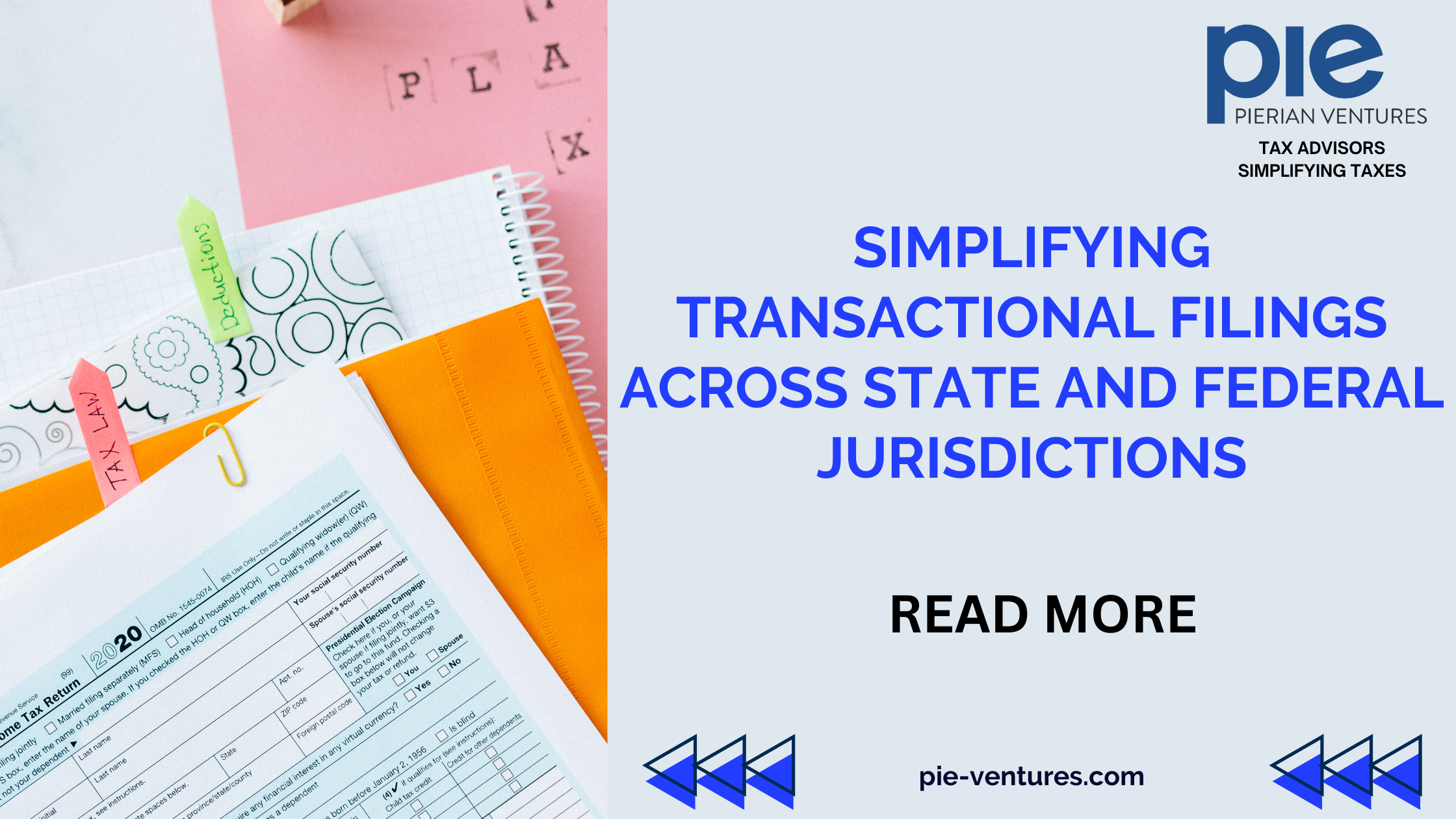Most individuals aren’t filing incorrectly—they’re just filing imperfectly.A number entered twice. A token sale left undocumented. A deduction claimed without formal backing. None of it feels significant—until the return gets flagged.
These aren’t mistakes made in ignorance. They’re byproducts of systems that were never built to manage today’s complexity: platform-based income, decentralized finance, real-time transactions, multi-channel reporting.
At Pie-Ventures, we’ve seen firsthand how small discrepancies in otherwise honest returns can trigger major disruptions—not because the system is broken, but because it was never designed for this level of nuance.
In this post, we explore the real triggers behind flagged individual returns, and how modern infrastructure—not just good intentions—can prevent them.
What Does It Mean When a Return Is Flagged?
A flagged tax return typically goes through an additional review process. This may involve:
- A request for further documentation
- A delay in processing
- A compliance inquiry to clarify certain entries
Flagging is often automated—based on data inconsistencies, unusual patterns, or incomplete records. The good news? These are almost always preventable with the right filing discipline and digital systems.
Common Triggers in Individual Tax Filing
1. Unreported Income
One of the most frequent reasons for flagging is incomplete income reporting. With multiple income sources—consulting, digital sales, platform-based earnings, royalties—it’s easy to miss one.
How to avoid it: Maintain a single source of truth for all income records. Use a system that captures everything from traditional invoices to digital platform payouts.
2. Overstated Deductions or Claims
If deductions or claims appear disproportionate to reported income, it may invite extra scrutiny. This can include unusually high expense claims, loss reporting, or repeated credits without matching income trends.
Best practice: Ensure that every deduction is justified, documented, and aligned with actual expenses or usage. Automated expense tracking systems can help.
3. Frequent Use of Rounded Figures
Returns populated with rounded numbers (e.g., 1000, 500, 200) may appear to rely on estimation rather than precise data.
Tip: Report exact amounts. Precision not only boosts trust but reflects a professional approach to filing.
4. Digital Asset Activity Without Documentation
With digital finance becoming mainstream, any activity involving tokens, digital assets, or platform-based transactions must be appropriately recorded and reported. Lack of clarity in these entries can lead to questions.
How to prevent flags: Keep detailed logs of all digital asset activity—date, transaction type, counterparties, and value. Use platforms that integrate with decentralized systems and translate data into compliant filing formats.
5. Data Mismatch or Missing Identifiers
Returns can be flagged due to simple errors like:
- Inconsistent personal identifiers
- Duplicate entries
- Missing income references
These aren’t major problems but often require manual follow-up or clarification.
Tip: Always validate data before submission using platforms that offer pre-filing checks and data validation alerts.
6. Unsupported Claims or Missing Documentation
Whether it’s a dependent claim, business travel deduction, or asset depreciation, making unsupported claims is a major reason returns get flagged.
Solution: Keep digital backups of receipts, contracts, or declarations, and make sure your filing system allows for easy retrieval if clarification is ever requested.
Focus on Prevention, Not Reaction
Getting flagged is not the issue—filing with incomplete or unverified data is. The more digitized, traceable, and intelligently structured your filing process is, the lower the chance of errors or red flags.
Rather than thinking of compliance as a defensive strategy, forward-looking individuals treat it as an opportunity to:
- Gain clarity on their financial activity
- Maintain audit-readiness
- Build trust through transparency
- Eliminate last-minute guesswork
How Pie-Ventures Supports Smart, Compliant Tax Filing
At Pie-Ventures, we believe individual tax filing should be seamless, intelligent, and audit-ready by default. That’s why we’ve built infrastructure designed to help individuals manage their financial data in a way that naturally supports clean, accurate, and defensible returns.
Here’s how Pie-Ventures makes individual tax filing smarter:
1. Unified Data Capture
All your income streams—digital, platform-based, freelance, or traditional—can be consolidated through our systems. No more reconciling spreadsheets or hunting down transactions.
2. Real-Time Error Validation
We flag issues like duplicate entries, missing documentation, or data inconsistencies before submission. This means fewer flags later and smoother resolution, should any inquiry arise.
3. Intelligent Document Management
Receipts, confirmations, and records are automatically organized and stored in a secure environment, making audit-readiness a built-in feature—not an afterthought.
4. Digital Asset and Platform Compatibility
Whether you’re involved in digital ecosystems, smart contracts, or decentralized income sources, Pie-Ventures structures this data into tax-compliant formats ready for accurate filing.
5. Built-in Transparency and Traceability
Our systems are designed around compliance. Every action is traceable, time-stamped, and verifiable—so you can answer questions, if ever asked, with complete clarity.
Filing with Confidence, Not Caution
The smartest individuals aren’t just avoiding mistakes—they’re building systems around their financial activity that make accurate, defensible filing the default. Flagged returns don’t happen because people try to cheat the system—they happen when data isn’t organized, documented, or reported properly.
That’s where Pie-Ventures comes in—not just as a tool, but as a compliance-first platform designed to support every individual in filing confidently, precisely, and intelligently.













